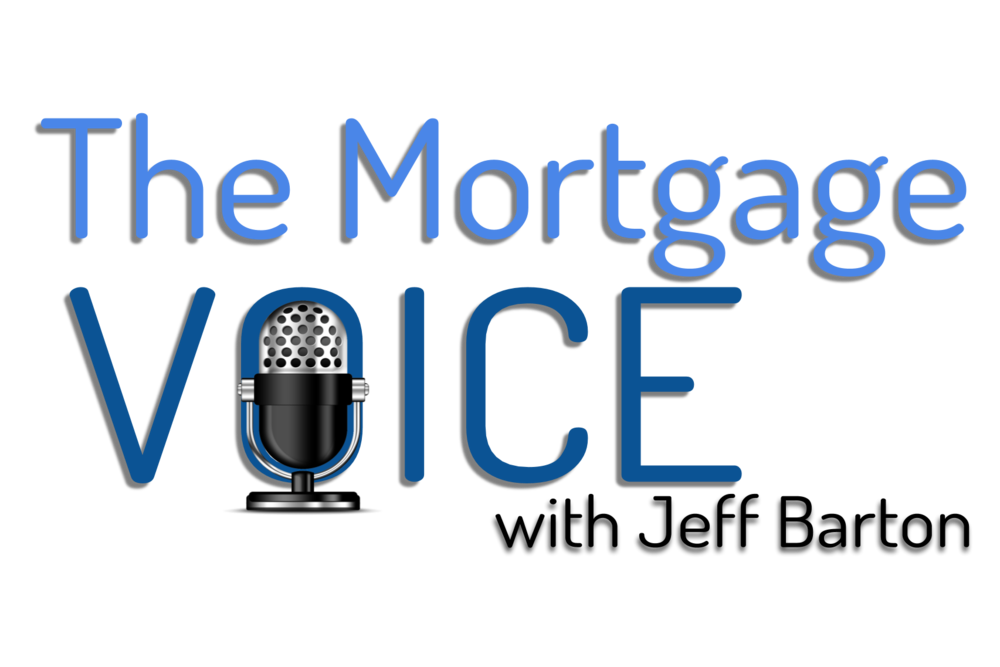We now know that the forbearance has been extended from 6 to 12 months. This means that people who have lost their job during the pandemic can skip making their mortgage payments for 12 months, and are exempt from foreclosure proceedings during that period.
I don’t need to paint a picture of how dangerous this can be and will affect, greatly for sure, the mortgage market in the coming months. The question remains, what happens when forbearance ends and no qualified buyers will be flooding the market for refinances, sales, or foreclosures? There are approximately 4.2 million loans in forbearance through the end of June.
Without the benefit of a crystal ball, it is uncertain what will happen in the next six months and beyond. Currently, the housing market is in good shape, in fact, housing is very healthy. Forbearance affects this as there are no foreclosures to drag down the value of homes. Unlike the years following the Great Recession in 2008 when foreclosures and overbuilding caused a nearly 75% drop in home prices, the 2020 pandemic is not overtly affecting the market.
The reason is that we still have a shortage of houses, inventory is tight. Plus 4.2 million homes that would likely be in foreclosure are holding steady for now and are not affecting comps. And interest rates continue to be fantastic. The real challenge is having employment — W2 employment — to qualify for a refinance or new purchase mortgage.
It is a great time (if you can qualify of course) to purchase a home because another milestone will happen, as far as we know today, at the end of July…the end of the Federal unemployment supplement of $2400 a month per person ends. Also, the moratorium on rental evictions is due to end on July 31st. I don’t have the figures, but if 4.2 million people have stopped paying their mortgages, it’s certain that plenty of people aren’t paying their rent payments and will come due next month. This will put more people into the rental space as they move from one failed rental to new, or troubled home buyers simply walking away from their properties due to the influx in available rentals. This will affect the price of rents.
One can estimate that it may be cheaper to own than rent in the coming months as rents increase, and housing remains steady, and rates low. Loan qualification remains relatively unchanged: a 700 FICO score, proof of W2 employment and 20% down will get you the very best rates, and that could make your monthly mortgage cheaper than paying rent.
Talk to you broker to see if it makes sense for you. The first forbearances will end at the end of January, look for a lot to happen in the market at that time.
‘Til next time, wear your mask and stay safe!

